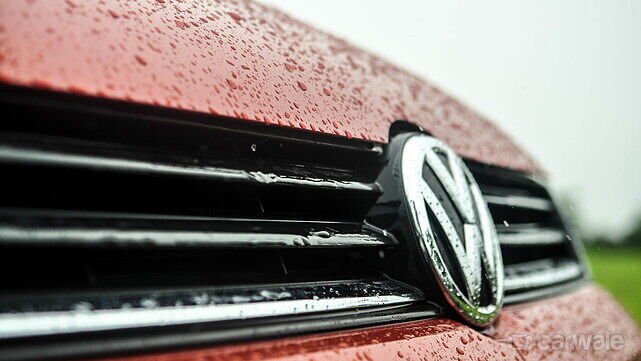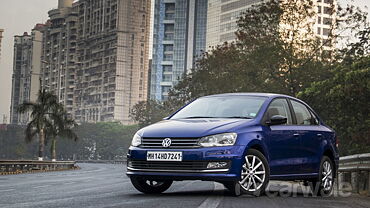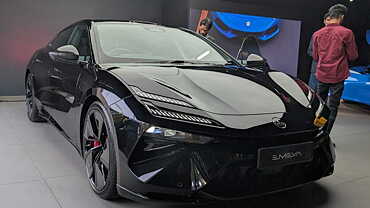
In line with the ongoing inquiry over emissions of Volkswagen diesel engines, National Green Tribunal has issued a notice to Volkswagen India, along with the Ministry of Heavy Industries and Ministry of Environment with a hearing scheduled on December 23. NGT is hearing a plea seeking a ban on manufacturing and sales of VW vehicles for allegedly flouting emission norms.
Automotive Research Association of India (ARAI) on November 4, found pollution levels from three of Volkswagen group cars – Jetta, Vento and Audi A4, to be significantly higher than the figures from the laboratory tests.
While it is unlikely that there will be a ban imposed on the VW group operations, the company might soon have to take corrective measures to check emission from close to 3,20,000 vehicles plying on Indian roads. The recall will then affect 3,20,000 units – 2,10,000 cars from Volkswagen, around 80,000 Skodas and 30,000 Audis. All the affected vehicles use an engine from the EA189 family that has a defeat device to cheat on the emission tests.
The 2.0-litre four-cylinder TDi diesel, the 1.6-litre four-cylinder TDi and the three-cylinder 1.2-litre diesel are three main engines that would require recall. Volkswagen claims that a simple software update will fix the issue for the 2.0-litre unit and a certain hardware update will be made to the 1.6-litre unit and 1.2-litre mills.
The issue came to light, when an independent body in the US tested few of the VW cars and noticed that the emissions from VW diesel cars were much higher than the norm. The further inquiry by government agencies there has turned it into a full-blown scandal that affects millions of Volkswagen group cars around the world. The pollutions norms in India are much lower compared to those in Europe and America.
The BSIV norms applicable here aren’t as stringent, yet chances are that the diesel cars might fail the tests. The specific details of the results will be available tomorrow, once Volkswagen representatives meet the government officials. As for the hearing at NGT, it might further lead to some financial penalties on the organisation.


![Volkswagen Polo [2014-2015] Image Volkswagen Polo [2014-2015] Image](https://imgd.aeplcdn.com/272x153/cw/ec/12907/Volkswagen-Polo-Right-Front-Three-Quarter-55831.jpg?wm=0&q=80)
![Skoda Octavia [2013-2015] Image Skoda Octavia [2013-2015] Image](https://imgd.aeplcdn.com/272x153/cw/cars/skoda/octavia.jpg?q=80)
![Volkswagen Vento [2015-2019] Image Volkswagen Vento [2015-2019] Image](https://imgd.aeplcdn.com/272x153/cw/ec/26563/Volkswagen-Vento-Exterior-168556.jpg?wm=0&q=80)
![Audi A4 [2013-2016] Image Audi A4 [2013-2016] Image](https://imgd.aeplcdn.com/272x153/cw/ec/10820/Audi-A4-Right-Front-Three-Quarter-56157.jpg?wm=0&q=80)














































